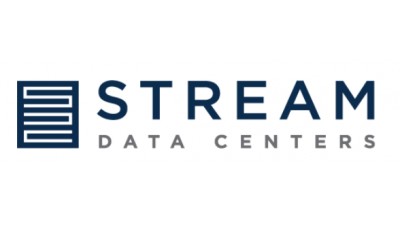For A Data Center That Fits, Companies Look To Built-To-Suit Solutions

The scalability of IT infrastructure is a growing concern for companies. As big data becomes bigger and demand for digital workflows continue to increase, more businesses are beginning to outgrow their data centers. To mitigate this, several companies are investing in customized, built-to-suit data center solutions that optimize current operations and position them for future growth.
To build or not to build
Increasing data center capacity requires strategy. One approach is leasing the space from a co-location provider. This shifts a significant amount of financial and operational risk to a third party, and has become an increasingly attractive option.
Operators can also build the data center themselves, acquiring the property and constructing, equipping and operating the facility. Selecting the best site for a data center requires a close look at the physical location and existing utilities and fiber, as well as land and construction costs.
Several companies have opted for a more customized solution. Build-to-suit data centers are designed and built to fit a customer’s specific space, location and storage needs. This option offers companies the option to choose the location, size and design that meets their requirements. For example, U.S. Bank recently partnered with Stream Data Centers to build a free-standing facility in Minneapolis. The 56K SF data center will support 2.4 megawatts of IT load across two data halls.

Built to fit business’ needs
Enterprise users, like healthcare and biotech firms and banks, have different design and construction requirements than cloud providers, like Amazon Web Services, IBM Cloud and Microsoft Azure. An experienced data center developer not only recognizes these differences, but also uses them to inform the conversation about each customer’s build-to-suit parameters.
Enterprise data centers
Several companies look for stringent and secure data centers. Some companies use less power in their data centers, so they require less energy usage. Other companies may run high-density deployments with a need for high-performance computing.
“Enterprise customers tend to scale deployment according to specific business requirements,” Stream Chief Operating Officer Michael Lahoud said. “They generally scale at a slower rate than cloud providers. As diverse as their needs may be, these customers need a data center product that is scalable over a long time period, to meet their challenges.”
Hyperscale data centers
A hyperscale data center requires computing, networking and storage scalability to allow it to grow with demand and support cloud provider customers. For the Amazons and Googles of the world, proximity to power often drives site selection. These cloud providers often look to new design options to reduce costs.
“Cloud providers require large-scale deployments and timelines, fast-tracked for immediate business expansion,” Lahoud said. “These users typically deploy power capacity immediately, but they still require scalability options.”
The challenge in building hyperscale data centers is to provide speed and scale to support a constantly changing IT road map.
As companies gain access to more information, they will continue to look for facilities that are built and designed to support big data. Demand for data center space will continue to increase, and owners and operators are preparing to meet the needs of the next generation of data center customers.
This feature was produced in collaboration between Bisnow Branded Content and Stream Data Centers. Bisnow news staff was not involved in the production of this content.

